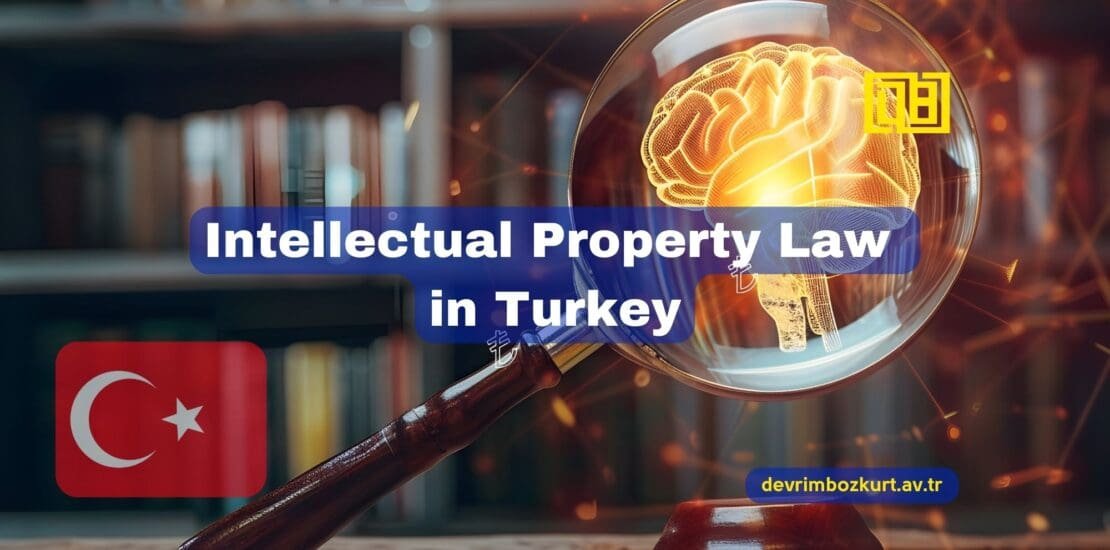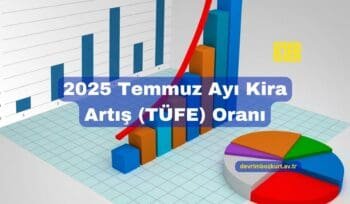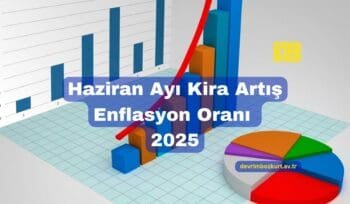Fundamentals of Intellectual Property Law in Turkey
- 5 Haziran 2025
- Yayınlayan: Avukat Devrim Bozkurt
- Kategoriler: English, News & Articles, Turkish Law

A Comprehensive Overview
Table of Contents
1. Introduction to Intellectual Property in Turkey
2. Historical Development of IP Law in Turkey
- Pre-Industrial Property Law No. 6769
- The Era of Decree Laws
- Constitutional Court’s Annulment Decision
3. Harmonization with EU and International Standards
4. Key Changes Under Industrial Property Law No. 6769
- Trademarks
- Industrial Designs
- Patents and Utility Models
5. Forms of Intellectual Property Protection in Turkey
- Trademarks
- Copyrights
- Industrial Designs
- Patents and Utility Models
- Geographical Indications
6. Recent Developments in Turkish IP Law
7. Obtaining IP Protection in Turkey
- Trademark Registration
- Design Registration
- Patent and Utility Model Registration
- Copyright Protection
- Civil and Criminal Sanctions
- Role of Specialized IP Courts
9. Challenges and Future Outlook
1. Introduction to Intellectual Property in Turkey
Intellectual property (IP) in Turkey is divided into two main categories:
- Copyrights (governed by Law No. 5846 on Intellectual and Artistic Works)
- Industrial Property (regulated by Industrial Property Law No. 6769), covering:
- Trademarks
- Patents
- Industrial designs
- Geographical indications
- Utility models
Turkey has aligned its IP laws with EU standards and international treaties, including:
- The Paris Convention
- Madrid Protocol
- European Patent Convention
- Berne Convention
- TRIPS Agreement
2. Historical Development of IP Law in Turkey
Pre-Industrial Property Law No. 6769
Before 2017, industrial property rights were governed by decree-laws, leading to inconsistencies and constitutional challenges regarding criminal sanctions.
The Era of Decree Laws
Legal scholars criticized the use of decree-laws for restricting personal freedoms. The Constitutional Court annulled several provisions, accelerating the need for comprehensive legislation.
Constitutional Court’s Annulment Decision
In 2016, the Court annulled Article 14 of the Decree-Law No. 556 on trademarks, just days before the new Industrial Property Law No. 6769 took effect (January 10, 2017).
3. Harmonization with EU and International Standards
Turkey’s IP reforms aim to align with:
- EU Trademark Directive
- European Patent Convention
- Madrid and Hague Systems
This harmonization enhances legal certainty and strengthens IP enforcement.
4. Key Changes Under Industrial Property Law No. 6769
A. Trademarks
- Expanded Scope: Non-traditional marks (colors, sounds, holograms) are now registrable.
- Coexistence Principle: Identical/similar marks can coexist with notarized consent.
- Shorter Opposition Period: Reduced from 3 months to 2 months.
- Bad Faith Registrations: Now a ground for invalidation.
- TURKPATENT’s Authority: Handles trademark revocation (since 2024).
B. Industrial Designs
- Unregistered Designs: Protected for 3 years if first disclosed in Turkey.
- Novelty Examination: TURKPATENT conducts ex officio checks.
- Reduced Appeal Period: Opposition window cut from 6 to 3 months.
C. Patents and Utility Models
- Abolishment of “Patents Without Examination”: Now only examined patents are granted.
- Stricter Patentability Criteria: Excludes gene sequences, cloning, and surgical methods.
- Third-Party Oppositions: Allowed within 6 months of patent publication.
5. Forms of Intellectual Property Protection in Turkey
| IP Type | Governing Law | Protection Term |
|---|---|---|
| Trademarks | Industrial Property Law No. 6769 | 10 years (renewable) |
| Copyrights | Law No. 5846 | Life + 70 years |
| Industrial Designs | Industrial Property Law No. 6769 | 5 years (max 25) |
| Patents | Industrial Property Law No. 6769 | 20 years (non-renewable) |
| Utility Models | Industrial Property Law No. 6769 | 10 years |
6. Recent Developments in Turkish IP Law
- 2022 E-Commerce Regulation: Requires online platforms to remove counterfeit listings within 48 hours.
- TRABIS Domain System: Allows sale of .tr domains after a 3-year holding period.
- Updated Trademark Examination Guide (2022): Aligns with EU’s likelihood of confusion standards.
7. Obtaining IP Protection in Turkey
Trademarks
- File with TURKPATENT or via Madrid Protocol.
- Examination takes 7-8 months (if no oppositions).
Patents
- Must be novel, inventive, and industrially applicable.
- Post-grant opposition possible within 6 months.
Copyrights
- Automatic protection (no registration required).
- Optional timestamp registration with the Ministry of Culture.
8. Enforcement of IP Rights
- Specialized IP Courts in Istanbul, Ankara, and Izmir.
- Customs Recordals: Prevent counterfeit imports.
- Criminal Penalties: Fines and imprisonment for infringement.
9. Challenges and Future Outlook
- TURKPATENT’s Workload: Faster processing needed due to tighter deadlines.
- Judicial Expertise: Some courts lack deep IP knowledge.
- EU Alignment: Ongoing reforms to meet accession requirements.
10. Conclusion
Turkey’s Industrial Property Law No. 6769 marks a major step toward EU harmonization and stronger IP enforcement. While challenges remain, the unified legal framework provides better protection for rights holders. Companies should register early, monitor infringements, and leverage specialized courts for enforcement.
For further guidance, consult TURKPATENT or legal experts in Turkish IP law.
Keywords: Turkey IP Law, Industrial Property Law 6769, Trademarks in Turkey, Patent Registration, Copyright Protection, TURKPATENT, EU Harmonization







